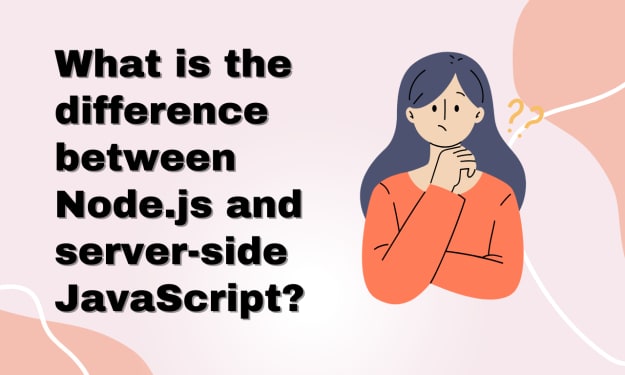Why Is The UK Not Doing More To Help Its Carers?
Poverty & The Workplace

There are approximate 13.6 million unpaid carers in the United Kingdom. These are people who for whatever reason have found themselves looking after a sick or disabled relative, friend or partner. They could be in that situation for a short period of time, or for years. Having to balance the many duties that come with being responsible for the well-being of someone who requires complex medical (and often emotional) provisions is not an easy task.

What Protections Exist At The Moment?
Around two-thirds of carers are in employment, but this is at a lower level than the general population. Caring affects the ability to stay in work and has a knock-on effect on the poverty rate of this group. 39% of carers in a Carers UK survey described their situation as ‘struggling to make ends meet’. There is little financial support from the government, a Carer’s Allowance of a poultry £69. 70 a week and a national insurance credit top-up.

The Equality Act 2010
The only legislation in place to protect carers in the workplace is the Equality Act 2010 which includes carers as a protected class by association with those with disabilities. However, the act is toothless. The Equality Act states that a person is entitled to ‘reasonable adjustments from his or her employer, however, a decision by the 2014 Court of Appeal now means that the only adjustment relevant to carers in the act is flexible working. It is the only help they have a right to ask from their employer. If a carer has hurt their back (which interferes with their work) from helping their father up after a fall, they have no right to ask for physiotherapy. If the strain leads to mental health problems they have no right to ask for support. If their ward’s health declines and they need a higher level of care for a short period of time then there is no obligation for that employer to provide sick pay at the carer’s pay scale. Statutory Sick Pay (£95.95 per week) is potentially all they may receive unless they have a sympathetic contract. It is all down to the discretion of the employer.
This decision made the Equality Act useless for carers, in regards to helping them stay in work. The act gives carers the right to request flexible working but businesses have no obligation to accept. If the manager or shift is inconvenienced (or if they say that’s the case), or if any cost is incurred then the manager is perfectly within the law to say no.
So is it any wonder that carers drop out of work, or into lower-paid positions with more flexibility (but fewer protections) such as shift work, zero-hour contracts, or the gig economy.
Contributing to Society
It's an issue that disproportionately affects women (58% of carers are female in comparison to 42% male), the imbalance being one of the reasons contributing to the gender pay gap. But surely businesses should not be forcing either gender to give up their career for those they love if it can be helped. The better position carers have, the more tax they pay into the economy, the better for our public services.
If all those 13.6 million carers decided to down tools and walk away the care system would collapse. They save the economy £132 billion per year. They are net contributors, and could be more so if we gave them greater assistance. This is not a pity handout, it makes financial sense. So why is the safety net to keep them in work so fragile, and why is there so little discussion on how we can improve it?
Sources: https://www.carersuk.org, https://www.gov.uk/carers-allowance, https://www.jrf.org.uk/data/poverty-rates-informal-carers





Comments
There are no comments for this story
Be the first to respond and start the conversation.